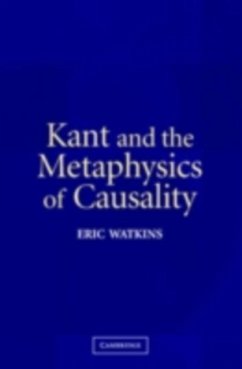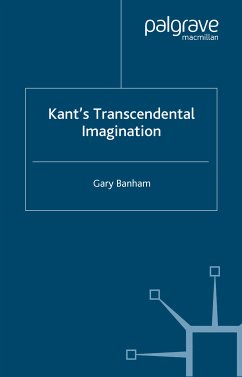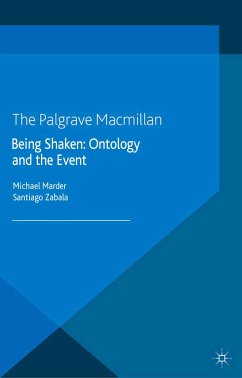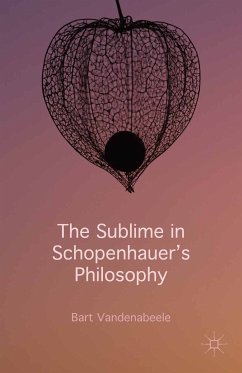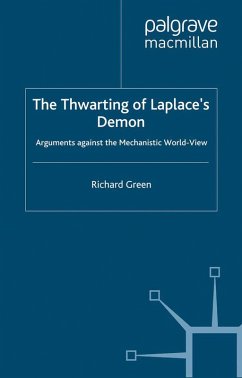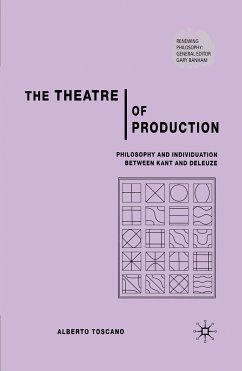This is a book about Kant's views on causality as understood in their proper historical context. Specifically, Eric Watkins argues that a grasp of Leibnizian and anti-Leibnizian thought in eighteenth-century Germany helps one to see how the critical Kant argued for causal principles that have both metaphysical and epistemological elements. On this reading Kant's model of causality does not consist of events, but rather of substances endowed with causal powers that are exercised according to their natures and circumstances. This innovative conception of Kant's view of causality casts a light on Kant's philosophical beliefs in general, such as his account of temporality, his explanation of the reconciliation of freedom and determinism, and his response to the skeptical arguments of Hume.
Dieser Download kann aus rechtlichen Gründen nur mit Rechnungsadresse in A, B, BG, CY, CZ, D, DK, EW, E, FIN, F, GR, HR, H, IRL, I, LT, L, LR, M, NL, PL, P, R, S, SLO, SK ausgeliefert werden.

